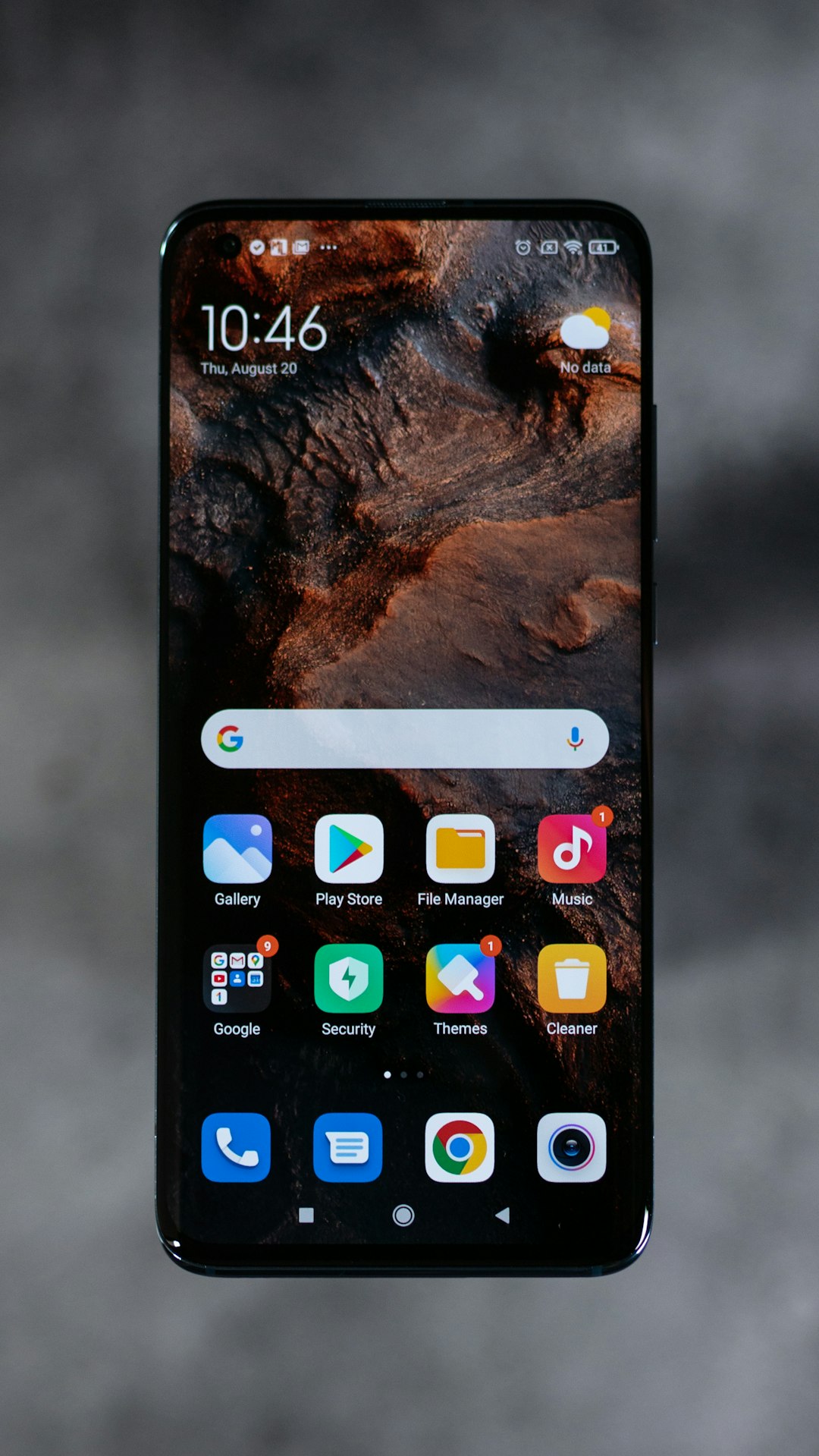In Chicago's digital landscape, navigating anti-spam laws like the Telephone Consumer Protection Act (TCPA) is complex. A lawyer for TCPA Chicago guides businesses through these complexities, ensuring compliance and protecting consumer rights against spam, especially robocalls. Anti-spam technologies, including filtering systems and subscription services, offer relief but must prioritize both effectiveness and user experience to accurately block spam while minimizing false positives. Residents should select compliant options with robust call blocking, advanced filtering, and customizable settings, with expert guidance from a lawyer for TCPA Chicago to avoid legal issues and maintain privacy.
In today’s digital landscape, spam has evolved from mere unsolicited emails to a complex web of nuisance calls, text messages, and online misinformation. To combat this, consumers have access to various anti-spam technologies designed to enhance privacy and reduce unwanted intrusions. This comprehensive review explores popular anti-spam solutions available in Chicago, delving into their effectiveness, user experience, and the legal framework they operate within, particularly focusing on TCPA regulations. Understanding these tools is crucial for Chicago residents looking to protect their personal information and avoid costly legal implications with a lawyer for TCPA Chicago.
Understanding Spam and Its Legal Framework

Spam, a ubiquitous term in the digital age, refers to unsolicited or irrelevant messages, often sent in bulk via email, text, or phone calls. These messages can range from promotional offers to scam attempts, posing significant challenges for consumers. The legal framework surrounding spam is primarily governed by regulations like the Telephone Consumer Protection Act (TCPA) in the United States, which restricts the practices of telemarketers and provides consumers with tools to opt-out of receiving such messages.
In Chicago, where a diverse range of businesses operate, consumers often require expert guidance to navigate the complexities of anti-spam laws. Engaging the services of a lawyer specializing in TCPA can be instrumental in ensuring compliance and protecting rights. These legal professionals help businesses understand their obligations and offer strategies to minimize spam complaints, thereby fostering a safer and more transparent digital environment for all users.
Popular Anti-Spam Technologies for Consumers

In today’s digital age, consumers are constantly bombarded with unwanted spam calls, texts, and emails, often from telemarketers or scammers attempting to exploit personal information. Fortunately, several anti-spam technologies have emerged to protect users from these pesky intrusions. One popular method involves using sophisticated filtering systems that analyze incoming messages based on content, sender history, and patterns known to be associated with spam. These filters learn and adapt over time, becoming more effective at identifying and blocking unwanted communication.
Another widely adopted technology is the use of machine learning algorithms that can predict and prevent spam before it reaches the user’s inbox or phone. These algorithms analyze vast amounts of data to identify emerging patterns and characteristics of spam, allowing for proactive blocking. Additionally, consumers can benefit from subscription-based services that offer comprehensive protection against various forms of spam, including robocalls, which have become a significant concern due to their association with telemarketing and fraudulent activities, as highlighted by a lawyer for TCPA Chicago.
Evaluating Effectiveness and User Experience

When reviewing anti-spam technologies, evaluating effectiveness and user experience is paramount. Consumer protection against unwanted calls and messages is crucial, especially with regulations like the Telephone Consumer Protection Act (TCPA) in place. A lawyer for TCPA Chicago can attest to the importance of robust and user-friendly solutions. Effectiveness means these tools can accurately identify and block spam while minimizing false positives, ensuring users don’t miss legitimate communications.
User experience involves intuitive interfaces that empower individuals without overwhelming them. Features like customizable blocking settings, easy reporting mechanisms, and clear call/message categorization enhance the overall experience. By striking a balance between power and ease of use, anti-spam technologies can foster trust among consumers, especially as they navigate an increasingly digital world filled with various communication channels.
Choosing the Right Solution: A Guide for Chicago Residents (With TCPA Implications)

Choosing the right anti-spam solution for Chicago residents involves considering several factors, especially with regard to the Telephone Consumer Protection Act (TCPA). As a bustling metropolis, Chicago is home to a diverse range of businesses and consumers, making it a prime target for spam calls. When selecting an anti-spam technology, residents should prioritize solutions that comply with TCPA regulations to avoid legal repercussions. Engaging the services of a knowledgeable lawyer for TCPA in Chicago can provide valuable guidance on compliant options.
These experts can help navigate the complex landscape of TCPA laws, ensuring chosen technologies meet the necessary standards. Effective anti-spam tools should offer robust call blocking, advanced filtering capabilities, and customizable settings to cater to individual preferences. By combining legal expertise with sophisticated technology, Chicago residents can protect their privacy, mitigate spam calls, and maintain a peaceful living environment.






